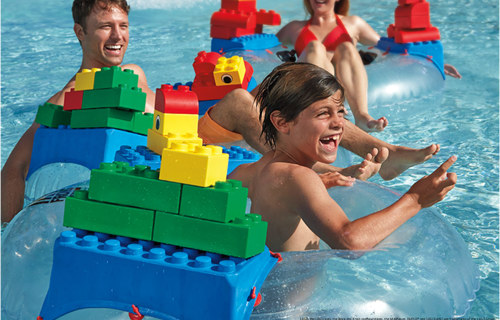
Staying in Dubai for the summer? As the temperature rises you’ll need to stay cool under the Arabian sun and what better way than visit Dubai's best waterparks.
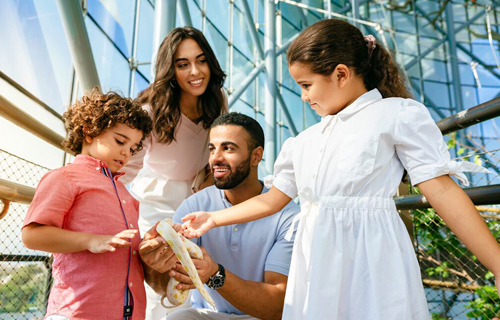
Planning a trip with kids in Dubai? We’ve put together our best family days out to experience in Dubai, to keep the big and littles happy all day long!
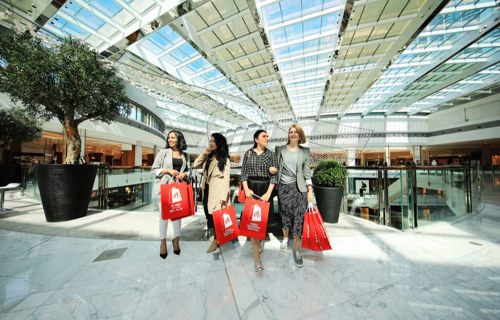
Glittering malls, fabulous boutiques and souks that dazzle you from the moment you step inside. Shopping in Dubai is one of the best experiences in the world.

Sleep is our thing. We're here to ensure all our guests get a great night’s sleep. Staying on your own, with friends or the whole family, we're here to help you rest easy.
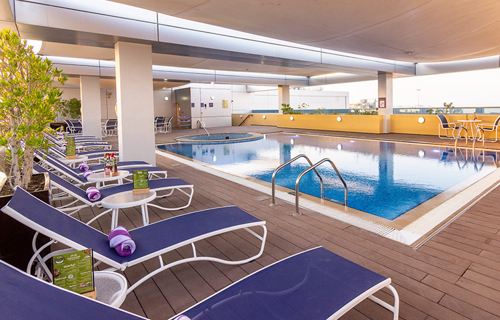
The capital of the UAE, a buzz of cultural activity and host to world-class events all year round. If you’re visiting Abu Dhabi on a budget, here's how to see more for less.

Dubai is known for luxury cars, gold-topped burgers and 7-star hotels, out of reach for travellers on a budget. Here's our ultimate guide to visit Dubai for less.

Whether you’re cheering for your favourite team, exploring the world-class attractions nearby, or simply soaking up the vibrant atmosphere, here’s everything you need to know to make the most of your Grand Prix adventure.
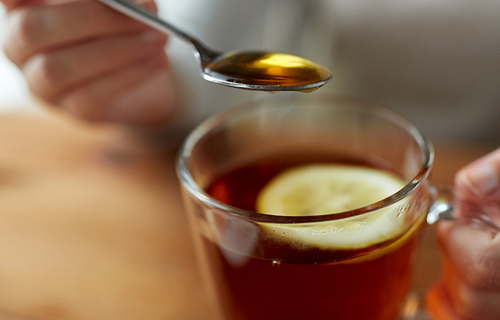
Hungry? Thirsty? If you’re craving a midnight snack, we’ve picked out the dishes and drinks that will satisfy your taste buds without disturbing your sleep.

Struggling to drift off and get your full 8 hours of sleep a night? We have solutions to get a great night’s sleep in Dubai.

In November 2024, the world leaders in energy production come together in Abu Dhabi for ADIPEC. This is the largest gathering of the most important names in energy.
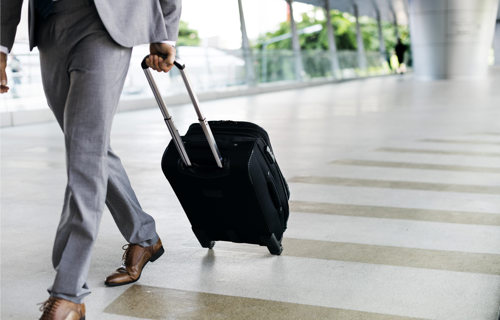
Every day, thousands of people land at DXB and head into the city to make new contacts and strike new deals. Make sure your trip is productive with our top tips.:
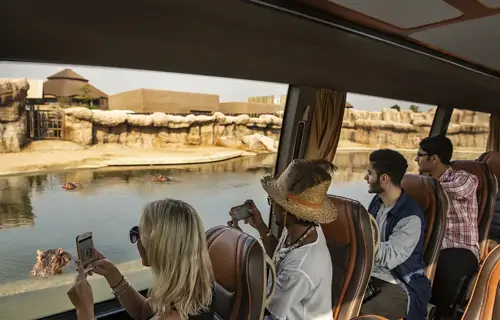
Here’s your go-to guide for a family holiday in Dubai that’s packed with fun, adventure and lots of happy memories.
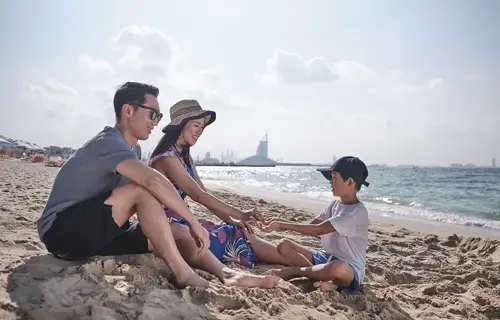
Here’s your guide to a school break in Dubai that will keep the kids entertained, the teens happy and the parents relaxed.

Whether your kids are water-loving adventurers or thrill-seeking car enthusiasts, here’s your guide to the best theme parks Abu Dhabi has to offer.
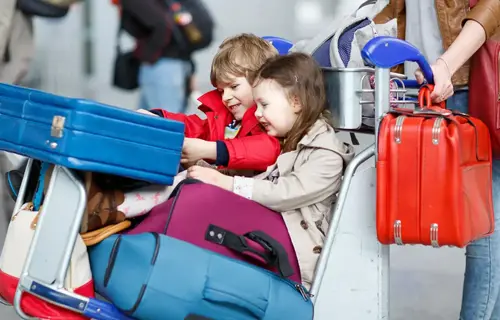
At Premier Inn, we’re all about helping you have a smooth, happy holiday so here’s our guide to keeping things fun and stress-free!

Here’s your guide to some of the most charming ways to make memories together in this dazzling city.

Here’s your guide to the best spots to keep the whole family entertained.

Whether you’re travelling with family, friends or solo, here’s your guide to staying active, refreshed and comfortable all summer long.

From soaring heights to serene art collections, here are some amazing ways to spoil your mum in Dubai and Abu Dhabi.
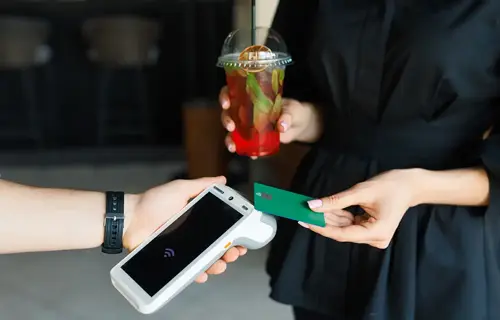
Here’s your guide to understanding when and how much to tip during your time in Dubai or Abu Dhabi.

Whether you’re in the mood for fireworks, family adventures, or a bit of quiet exploration, there’s something for everyone. Here’s your guide to making the most of the festivities.

Here’s a guide of what to do and what not to do when visiting Dubai during Ramadan which will help you experience the most of this sacred season while respecting local traditions.

Here’s how to make your Eid holiday unforgettable while staying comfortable with Premier Inn.

From enjoying Iftar with loved ones to exploring cultural events, here’s how you can truly experience the magic of Ramadan in the UAE.

Visiting the city during Ramadan, the holiest month in the Islamic calendar, gives you a unique chance to experience the culture and spirituality of the region.

Whether you’re after a lively countdown Downtown or a cosy beachside view, here’s your guide to making the night one to remember.

From holiday markets and indoor snow parks to Christmas dinners on the beach, here’s your guide to celebrating Christmas in Dubai, Premier Inn-style!

Here’s your guide to enjoying the best of the holiday season in Dubai.

Heading to the Middle East soon? While English is widely spoken, knowing a few Arabic phrases can add a personal touch to your trip.

Whether you’re looking for panoramic city views, waterfront dining or a touch of Italian elegance, these restaurants are a great choice for mixing business with pleasure.
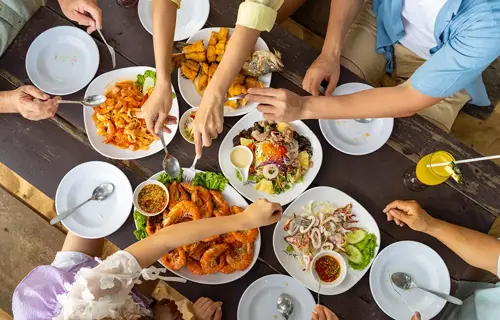
Here’s a roundup of some of the best family-friendly restaurants in Qatar’s capital.
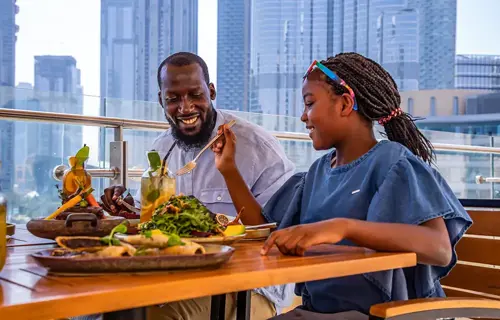
Here’s your guide to some of Dubai’s best family-friendly restaurants, where both kids and adults can enjoy a fantastic meal.
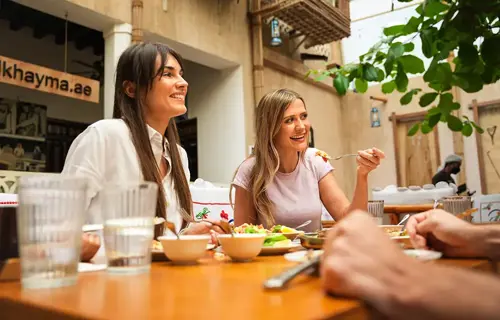
From creative vegan dishes to traditional vegetarian fare, here’s your guide to the best places for a veggie-friendly meal in Dubai.
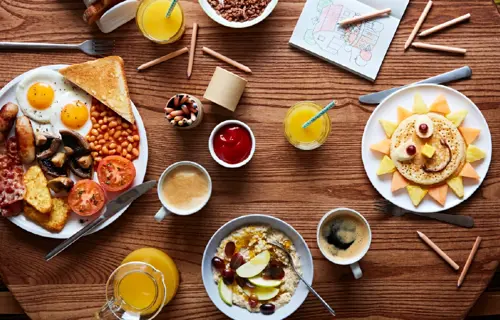
Starting your day with a hearty English breakfast is a surefire way to fuel up for an exciting day ahead.